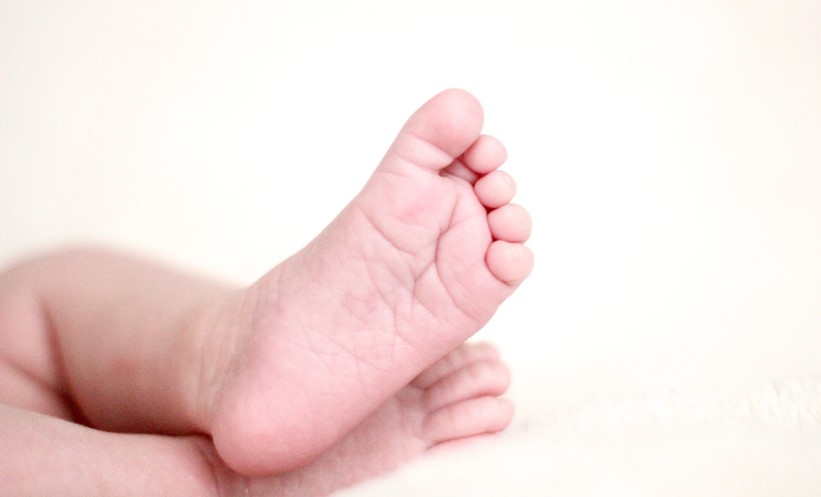PERSONALISED precision medicine is expanding into predictive capabilities, as researchers from Thomas Jefferson University, Philadelphia, Pennsylvania, USA discover links between rare skin and cardiac conditions.
An international team of researchers have collated genetic data from families with genetic skin disorders, amassing insights over three decades. This genetic analysis has helped to identify culprit mutations for rare skin disorders including epidermolysis bullosa (EB). EB results in extremely fragile skin, is evident in affected newborns, and can lead to blistering and poorly healing wounds from even light touch. Features present from infancy include very fragile skin, thickened skin of the palms of the hands and soles of the feet, and hair loss including eyebrows and eyelashes.
The researchers have now further analysed their global cases of EB to assess whether variants in mutations across a group of over 360 patients with EB reflect risk of other conditions. The analysis highlighted two individuals with the same JUP mutation; one is an infant with EB, and the other is an adult with both EB and arrhythmogenic right ventricular cardiomyopathy (ARVC). ARVC is “a serious disease that can require a heart transplant if the damage is too severe because of heart failure and life-threatening fast heart rhythms,” explained coauthor Dr Reginald Ho, Sidney Kimmel Medical College at Thomas Jefferson University. Rigid, fibrous tissue displaces heart muscle over time in patients with ARVC, resulting in arrhythmias and risk of heart failure, sudden cardiac death, and need for implantable defibrillator. ARVC is responsible for up to 20% of sudden cardiac deaths in those aged under 30 years.
The significant genetic similarities between these two identified patients suggest that the young patient with EB is at risk of developing ARVC later in life. “This means that with mutation analysis, you can predict when looking at EB patients at birth, whether they will have this very severe heart condition later in life,” says study lead Dr Jouni Uitto, Thomas Jefferson University. Insights from this long-term, global genetic analysis of patients with rare skin disorders have previously identified links between ichthyosis and liver conditions at risk of transplant. These studies suggest the predictive clinical value in supporting lifetime care of these affected patients. Dr Uitto says, “Together, these studies show how the skin can help predict severe medical problems.”







